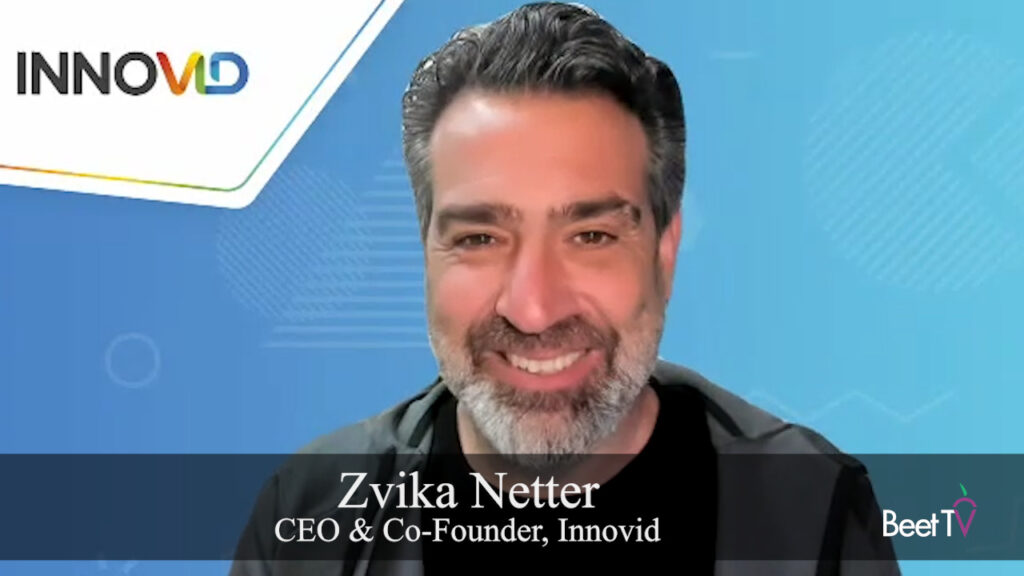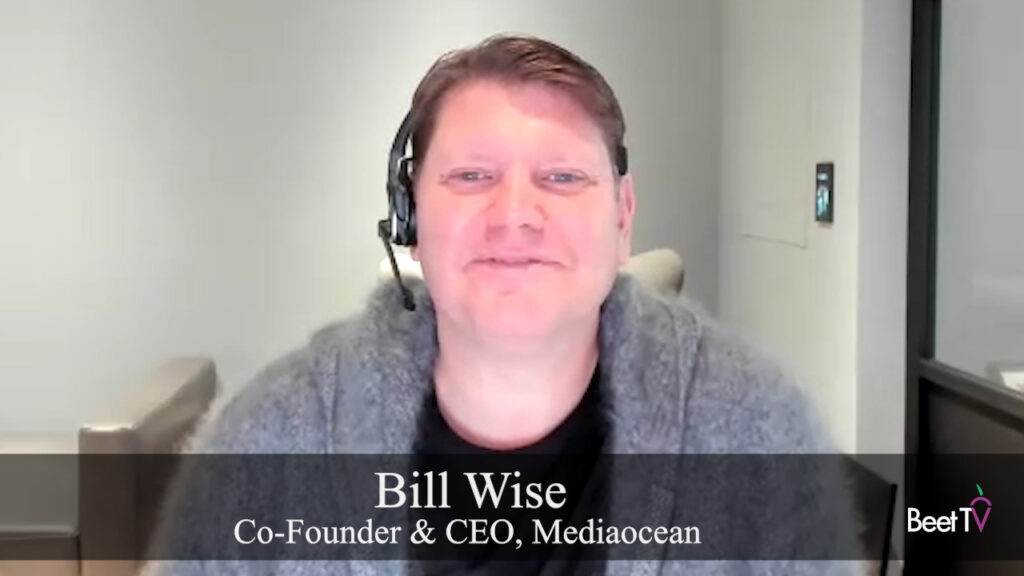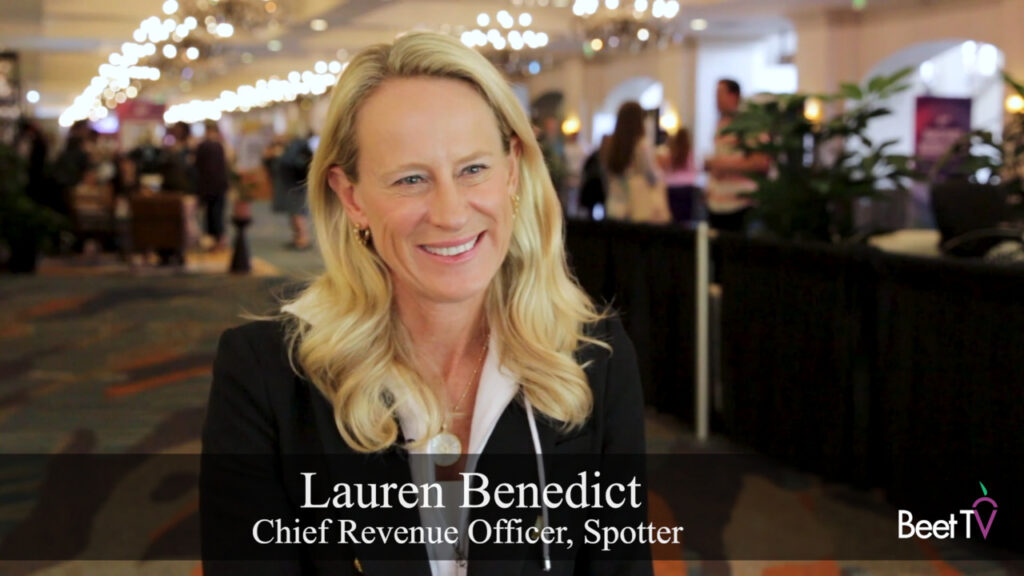YouTube has introduced a solution for media sites to moderate and post video uploads from visitors. The Huffington Post, NPR, Politico, and the San Francisco Chronicle are the first media companies to use the system called YouTube Direct.
The system allows registered YouTube users to upload videos directly to a media site. These videos are also seen on the member's personal YouTube channel.
Arianna Huffington, editor in chief of the Huffington Post told Beet.TV in an email statement:
"YouTube Direct is a natural fit for Huffpost as we continue to expand the reach of HuffPost's community and its ability to commit acts of journalism."
Aaron Zamost, spokesperson for YouTube told us:
"This is a new application, built from our APIs, that lets news and media organizations use the power of our platform to request content directly from our users. This benefits news organizations because it gets them more content to broadcast and include in their coverage, and it's good for users who get editorial validation and a wider audience for their videos."
For NPR, which has had very little video on its site, this is significant move. Follows is a statement from Mark Stencel, Managing Editor, NPR Digital Media:
"While known primarily as a radio network, NPR's role as a launch partner for "YouTube Direct" is a great fit. We've been experimenting with new approaches to explanatory journalism through our multimedia offerings for some time and are ready to invite our audience to take part more fully. We see strong evidence that they want to engage based on their activity on YouTube, Facebook and Twitter. This audience of creative, smart and well-informed people will have a fresh take on any question or topic, and we're eager to see and share their work."
Today, NPR is launching the YouTube initiative with a call to submit science-related videos for a program called the WonderScope. We have pasted the promotional video on this page.
And, here is the Huffington Post's solicitation for video clips for the Hopenhagen Ambassador contest. (That's "hope" for the UN climate summit in Copenhagen.)
Not Just for the Media
YouTube Direct is free and the company expects that the platform will be used by many businesses, non-profits, universities and advocacy groups.
This will be an interesting experiment to watch. To this point, experiments with user-generated video uploads to media sites has had limited effect. The tie-in with YouTube, with its millions of registered users, could be a powerful catalyst.
Here's the story on the subject by Brian Stelter in today's New York Times.
Andy Plesser, Executive Producer


























